

Red Fort Baoli Delhi
Red Fort or Laal Qila is synonymous to Delhi, donning the skyline of Old Delhi. Pride of India, the red sandstone architectural marvel was constructed during Mughal Era by Mughal emperor Shah Jahan. However, hidden from the common sight and knowledge of many people, there lies an ancient Baoli inside Red Fort’s complex, known as Lal Qila Baoli. If you walk inside the main gate, passing the Lahori Gate and moving in the direction of the fort, crossing the shops of Chatta Chowk. From there take a left turn to the Swatantra Senani Museum (Freedom Fighters’ Museum). If you pass the museum, you will spot the CISF office, opposite to which lies the forgotten Baoli. Always filled with water since its construction, Baoli for the first time faced the crisis of water depletion in Baoli because of Metro construction in the nearby areas. The Baoli is still filled with water and is one of the only Baoli with water. Today, the Baoli is off limits for the general public in order to preserve it, you can still take a look inside if the guard allows you. If you wish to witness the Baoli, visit the monument when it is supposed to be less crowded. You can then request the guard for a quick tour inside.
History of the Attraction
The Baoli is believed to be of Tuqhlaq era, which was renovated by Shah Jahan when the Red Fort was being constructed. The Baoli served as a major source of water for the entire Fort. The Baoli was of great importance during the Mughal Era. During the British Era, the Baoli was used to imprison rebels. The platforms within the Baoli was converted into a makeshift prison. However, even at that time, Baoli had water inside it. The stepped well changed ownership multiple times after India’s independence and finally Archeological Survey of India was made the sole owner of the Baoli along with the Red Fort complex. Archeological Survey of India renovated the Baoli to its previous glory. Despite being of multiple uses and a rich history, the Baoli till date is preserved to its original form with water flooding the major part of the well. However, with recent Metro construction near Red Fort, for the first time, the water level depleted to the the lowest level. However, authorities have taken the necessary steps to preserve the Baoli and its water level.
Getting there
Red Fort Metro Station on Violet Line of Delhi Metro is the nearest metro station to the Baoli and Red Fort complex. The metro station is right outside the premise of the Red Fort complex.
Things to Do in & around
Located in the busy neighbourhood of Chandni Chowk, the visitors can also visit the famous Chandni Chowk market. Jama Masjid is also within the reach of Red Fort. Visitors can also opt for a pilgrimage tour in Chandni Chowk. Chandni Chowk market is also one of the best places to shop in Delhi.
Opening and Closing Timing
The Red Fort remains open from 9:30 am to 4:30 pm. The monument is open on all days of the week except Monday. The Baoli is however restricted to the public entry, you can, however, request the guard on duty to let you in for a quick tour.
Entry Fees
There is no entry fee for Baoli, however, you would need to buy the entry ticket for the Red Fort, which is INR 35 for Indian citizens and INR 500 for foreign visitors.
Best Time to Visit
Winters in Delhi is the best time to explore the city with climate being favourable for a sightseeing tour.
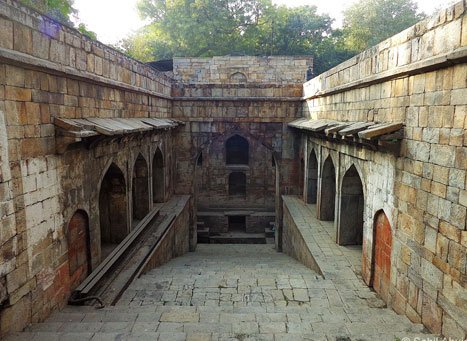







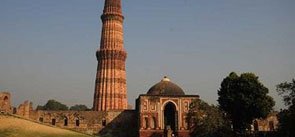
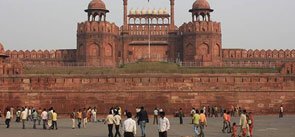
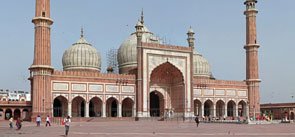
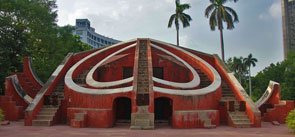

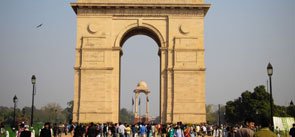
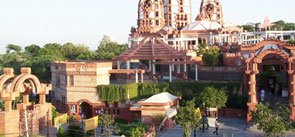
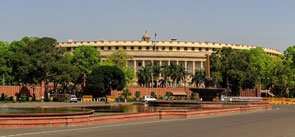
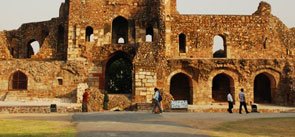
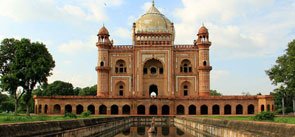
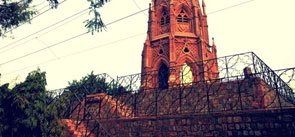

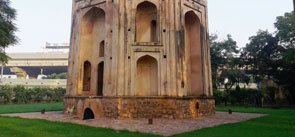
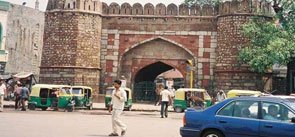
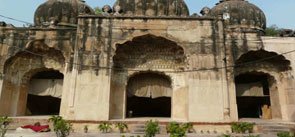




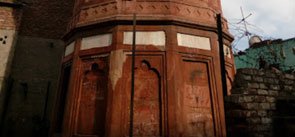
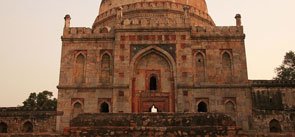

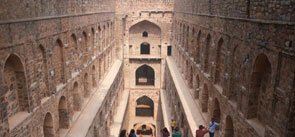
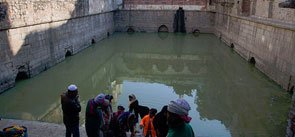
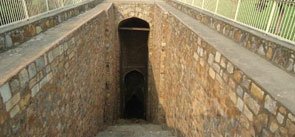
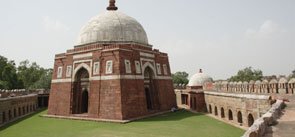



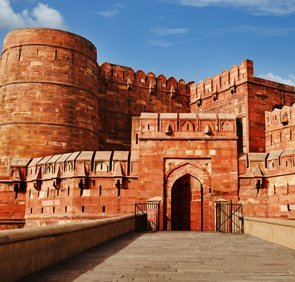
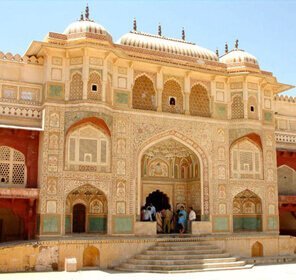
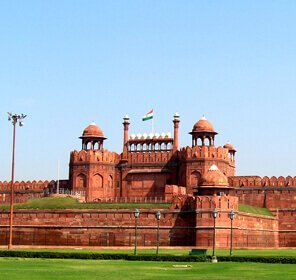


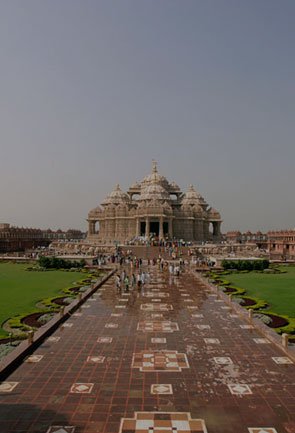
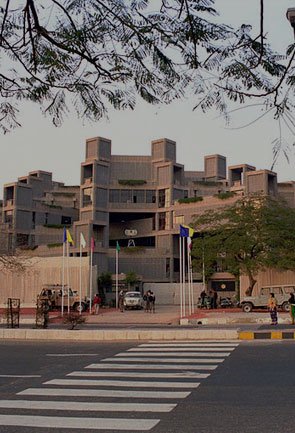

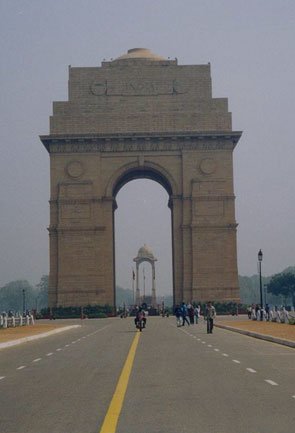










 Plan Trip
Plan Trip Call Us
Call Us Packages
Packages Home
Home